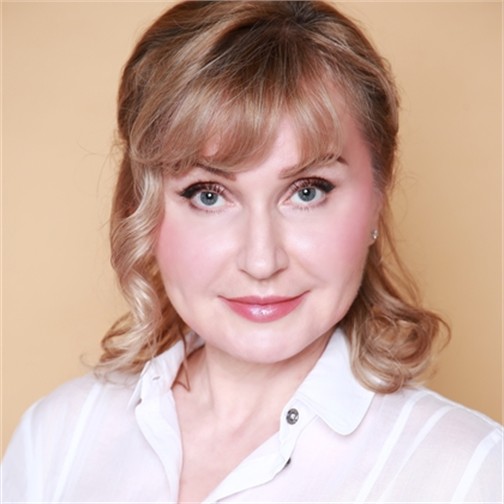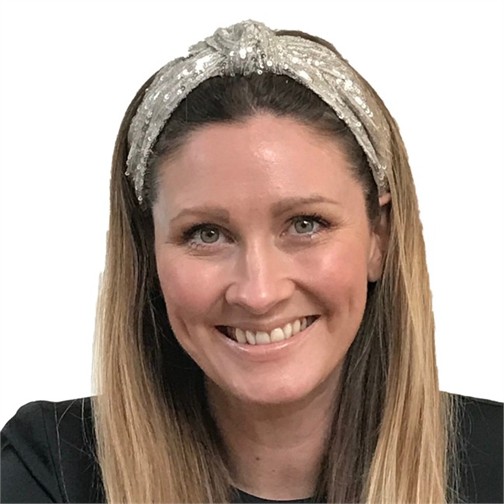HAMK to Lead a €3.3 Million Project to Advance Circular Economy in the Baltic Sea Region.

The CIRC-2-ZERO project, managed by HAMK, has secured significant funding of €3.3 million from the Interreg Baltic Sea Region (BSR) program. The primary goal of the project is to accelerate the reduction of carbon emissions among SMEs operating in the Baltic Sea region and to enhance advanced manufacturing practices by enabling the simulation and implementation of digital tools and solutions in the transition to circular economy business models. The main target groups are SMEs in the electronics and wood industries. The project involves partners from seven countries across the Baltic Sea region.
The CIRC-2-ZERO project consortium comprises 13 project partners and 10 additional supporting collaborators. This diverse consortium includes representatives from higher education institutions, development agencies, the public sector, and businesses from Finland, Sweden, Estonia, Latvia, Lithuania, Poland, and Germany.
The transition to a circular economy is particularly important for the electronics and wood industries, given their significant environmental impacts. In the electronics industry, the demand for virgin raw materials can be reduced by promoting recycling, reuse, and sustainable product design that supports durability and recyclability. European Union legislation, such as the Right to Repair initiative, the WEEE Directive (Waste Electrical and Electronic Equipment), and the Circular Economy Action Plan, underscores the importance of circular practices in reducing electronic waste and conserving natural resources.
The biggest challenges in the circular economy of the wood industry and timber construction include a lack of sorting and production technologies, the development of business models and systems suitable for recycling and reuse, the limited availability of solutions for large-scale utilization of wood waste, and the insufficient training and expertise in circular economy practices within the sector. Achieving the goals outlined in the European Union’s Forest Strategy and the European Green Deal requires more efficient use of carbon-neutral production processes and products aligned with circular economy principles, as well as smarter and more sustainable use of wood and other natural resources.
Aiming for Sustainable Innovation and Collaboration in the Baltic Sea Region
The project will establish a transnational network of six regional Resilience Transformation Hubs (RTHs) in Finland, Estonia, Germany, Poland, Latvia, and Sweden to promote sustainable innovation and collaboration among researchers, businesses, development agencies, clusters and associations, as well as local policymakers.
These hubs will function as learning and inclusive innovation communities that bring together public and private sector actors. They will provide SMEs with training, mentoring, and technical support, foster sustainable business and collaboration opportunities, and accelerate the dissemination of best practices, case studies, pilot project outcomes, and innovative solutions across the Baltic Sea region.
“The CIRC-2-ZERO project is both timely and highly significant, yet also a challenging endeavor. HAMK’s role as the leader of this international project provides a remarkable opportunity to expand research activities, develop expertise, and strengthen collaboration networks. Above all, the project supports SMEs in their transition to a circular economy, adoption of digital solutions, and internationalization. It serves as a powerful driver of sustainable development in our region,” says Marina Weck, Project Manager of the CIRC-2-ZERO project at Häme University of Applied Sciences.
“The project offers excellent opportunities for collaboration and innovation that directly address the needs of the industry. For local businesses, this is a fantastic chance to discover sustainable solutions, whether in product and service development or the application of new technologies in production. Additionally, the project promotes international networking and can bring valuable new partners. It is also great to see international funding coming to the region, which clearly demonstrates the successful collaboration between Linnan Kehitys Oy and Häme University of Applied Sciences,” says Outi Myllymaa, Project Coordinator at Linnan Kehitys Oy, with enthusiasm.
The project is led by the HAMK Tech research unit. Other participants in Finland include Linnan Kehitys Oy, with Häme Regional Council serving as a supporting organization for the project.
The project starts in early 2025 and end in spring 2028.
For more information:


Outi Myllymaa
Project Coordinator, Linna Business Development Ltd.
outi.myllymaa@linnan.fi
+358406473607
